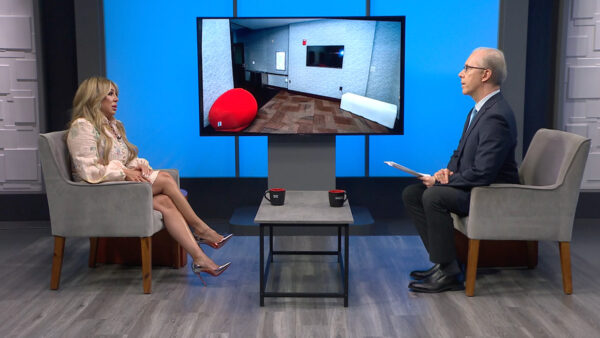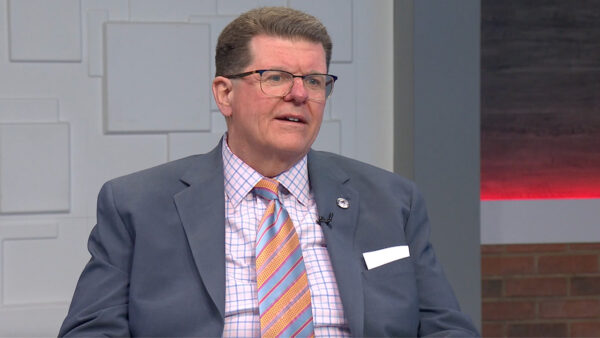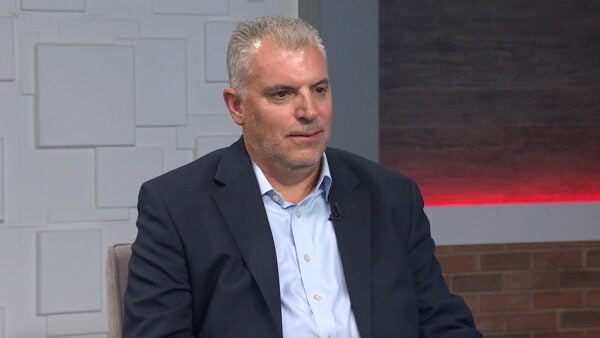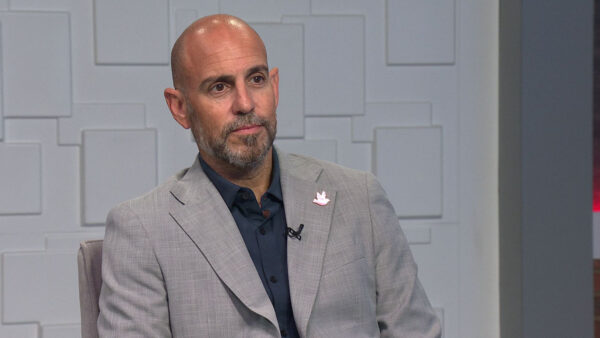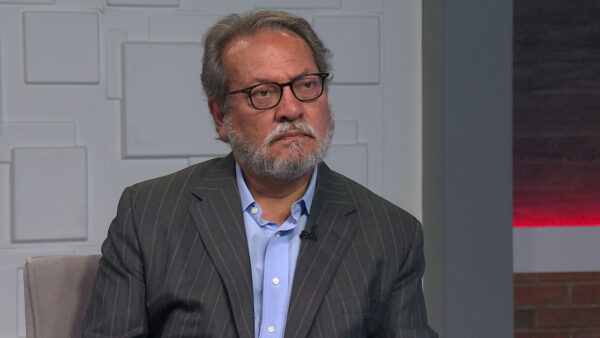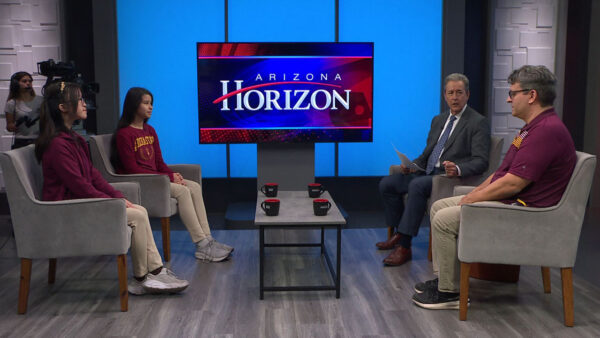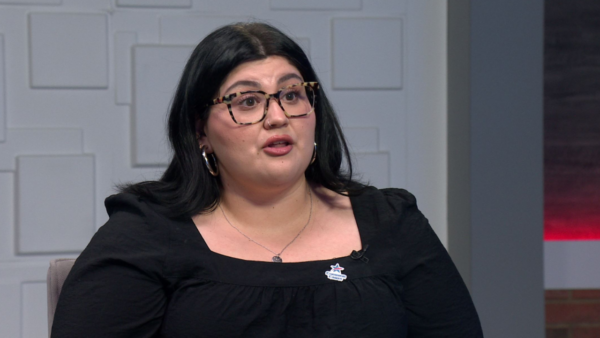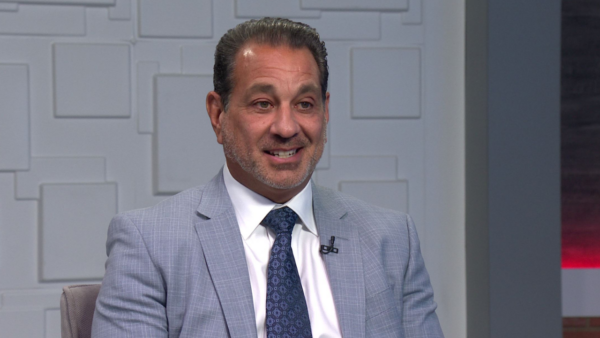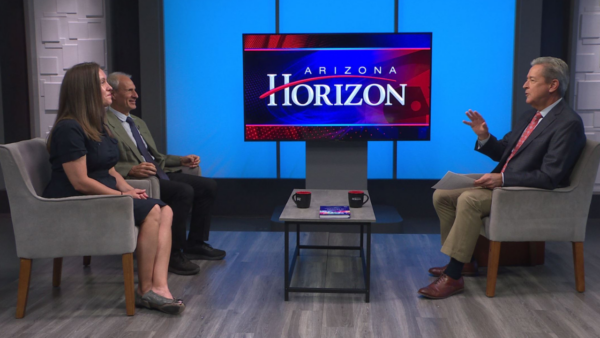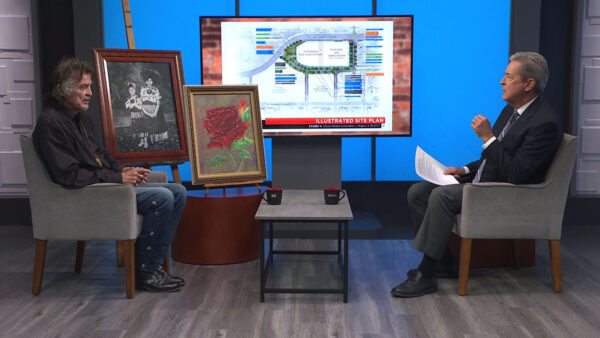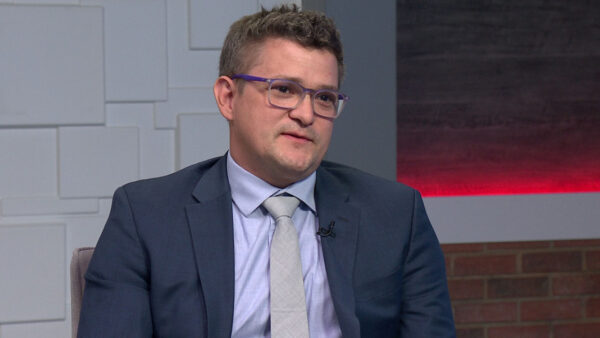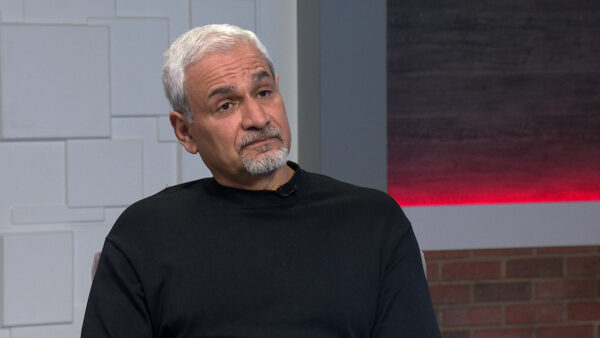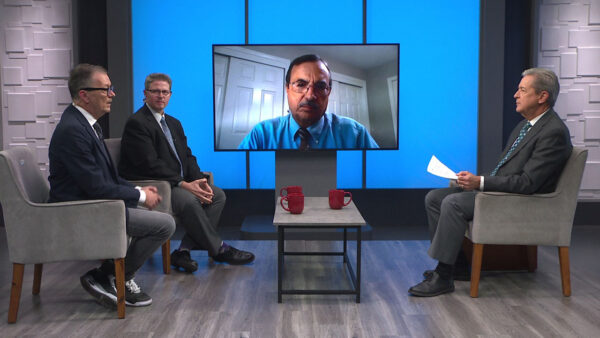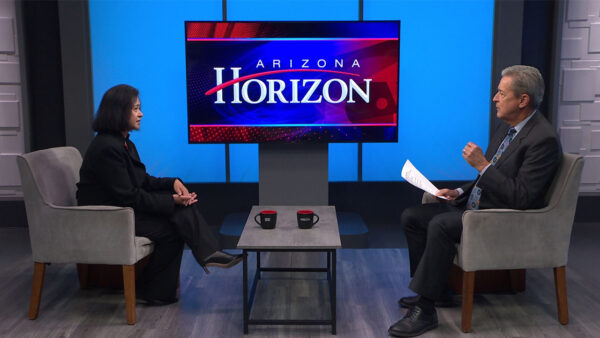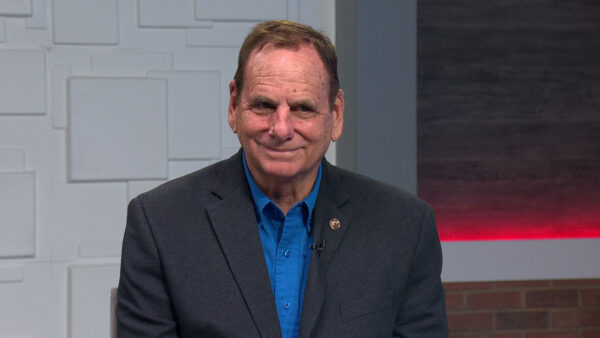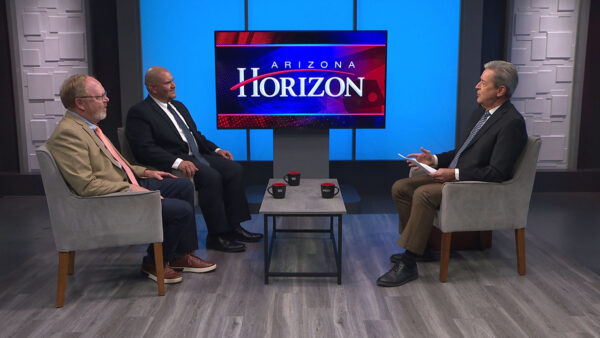New numbers from the U.S. Census Bureau show Arizona is one of the states with the steepest decline in home ownership over the past ten years. Real estate reporter Catherine Reagor of the Arizona Republic will discuss the new numbers.
Ted Simons: Good evening and welcome to "Arizona Horizon." I'm Ted Simons. Arizona had among the steepest declines in home ownership over the past 10 years. That's according to new figures from the U.S. census bureau. Here now to discuss the numbers is Catherine Reagor, real estate reporter with the "Arizona republic." Good to see you again.
Catherine Reagor: Good to be here.
Ted Simons: These are census figures over the past 10 years, not really a surprise that home ownership went down, but, man, did it go down.
Catherine Reagor: Almost leading the nation, behind Las Vegas, Metro Phoenix. If you look back to the boom and bust and homes that went into foreclosures and short sales, all of the investors, I think 100,000 were bought during 2009-2012, and turned into rentals. They are not even up for sale if someone wants to buy them. I think as we know, with what's going on with rentals, that not as many people want to buy right now.
Ted Simons: Indeed. Was the biggest reason you think foreclosures?
Catherine Reagor: You know, it's a reason why so many were turned into rentals. That went away. But, then, again, we have this huge, interesting group of millennials, 20 somethings to the early 30s, different age demographics, but a lot we are finding, and I'm tracking it closely because they are key to our housing market recovery coming back out of the stall, don't want to buy. They would rather rent and several reasons.
Ted Simons: I would imagine among the reasons they saw what happened when they were younger. Not only millennials but folks that got caught up in losing or short selling a house. Probably hesitant to get back in the market.
Catherine Reagor: They call them the group who could be millennials, could not. Lost a house -- many of those, that group, they call them boomerang buyers, supposedly they were boomerang and come back to the market. We are waiting to see it. A lot of the potential buyers, boomerang buyers haven't been eligible to buy until now. That group is just starting. Seven years for a foreclosure is stuck on their record, and the lending guidelines are tougher than they were. It was difficult to buy and find that 20% down.
Ted Simons: I was going to ask you about that. Penalties that you received back in '07, '08, seven year time period is coming up and that means the folks are let loose on the landscape, correct?
Catherine Reagor: Yes, housing analysts and everyone is watching for the group to come back. They are starting to see -- some were able to start buying a few years ago because they did it through mortgage giants and they followed all of the rules and they got a shorter penalty. Not seeing that huge wave coming back. Again, that goes to home buying and our home ownership rate. And we had -- we led the nation, top two, three for foreclosures. There is talk, a lot of people who lost homes moved away. It is not really true we're finding. They're still here and happy renting.
Ted Simons: Las Vegas 10.7% decline, Phoenix 10.6%, and Arizona was 8.1 from the peak in 2006. Nevada was number one at 10% or something like that. North Dakota and Minnesota were up there as well. What was that all about?
Catherine Reagor: That was surprising. North Dakota's economy has done really well and Minnesota has done pretty well, too. But Minnesota and North Dakota are attracting younger residents going for the jobs because they do have jobs. North Dakota has a thriving job market for its growth. It very much could be that. I mean, they didn't have the boom and bust at all that we did. I don't think we're seeing that. But those could be these millennial hot spots we are hearing about. Minneapolis is popular.
Ted Simons: Coming to rent -- winter comes, I am going to go somewhere else.
Catherine Reagor: Yes, absolutely. And can find a job and make good money and their rent are much cheaper there than here.
Ted Simons: Foreclosures, have we bottomed out from that?
Catherine Reagor: Yes. And that is different from Las Vegas. They have seen an uptick in foreclosures again. We are back to 2007 level. Home prices had just started to drop. People were not losing houses. We have seen that consecutively month over month. 5,000 a month in 2009, 2010, now at like 400.
Ted Simons: What about foreign buyers, Canadians, how is that dynamic working?
Catherine Reagor: Canadian buyers thankfully drove the market with home sales and they bought a lot of foreclosures and short sales. What is going on with the currency change has changed that a little bit. It is not Canadian buyers, it is back to Californians who led, you know, the out of state buying trend for several years. Could that be the economy there? We are much more affordable, and we are seeing also the early retirees, baby Boomers coming out here and they can still sell there and buy a house here.
Ted Simons: We had Mike Orr on numerous times talking about things are stagnant. They are in a lull right now. But when we get out of that lull, it could be crazy times because the supply is so low. Is that what you are hearing too?
Catherine Reagor: Definitely hearing. I'm hearing from people who have their house on the market and can't sell it. I think demand is also down, too. We have to address that. People have had their house on the market for five, six months, dropped the price, in good areas, areas with good schools, closer in, and that is another thing about the millennials, people renting, houses maybe they can afford to buy are out on the fringe and they want to be closer in and those they can't afford. Not seeing those homes move and so supply is low, very much also due to home buyers taking -- homeowners, taking their houses off the market and they're not seeing the demand. We are in a mix right here. I like to say steady, steady -- some areas are doing well.
Ted Simons: Yeah, better boom than bust, probably better than all.
Catherine Reagor: And no boom or bust. The way lenders with restrictions, you know, when it is going to get a zero percent down or 125% loan, and federal government is not going to back that, but I think there have been issues with the 20% down, or the 10% down. People -- incomes aren't at that level. Can't keep up with that. Some of the changes where they're offering 3.5% down for a mortgage maybe boomerang buyers and millennials to use the terms, but that is what we are calling them and watching, will be able to tap those loans and they're just becoming available. So we're watching closely to see if that spurs sales.
Ted Simons: We will keep watching it closely. Always a pleasure having you here.
Catherine Reagor: Thank you.
Catherine Reagor:Real Estate Reporter, Arizona Republic;









